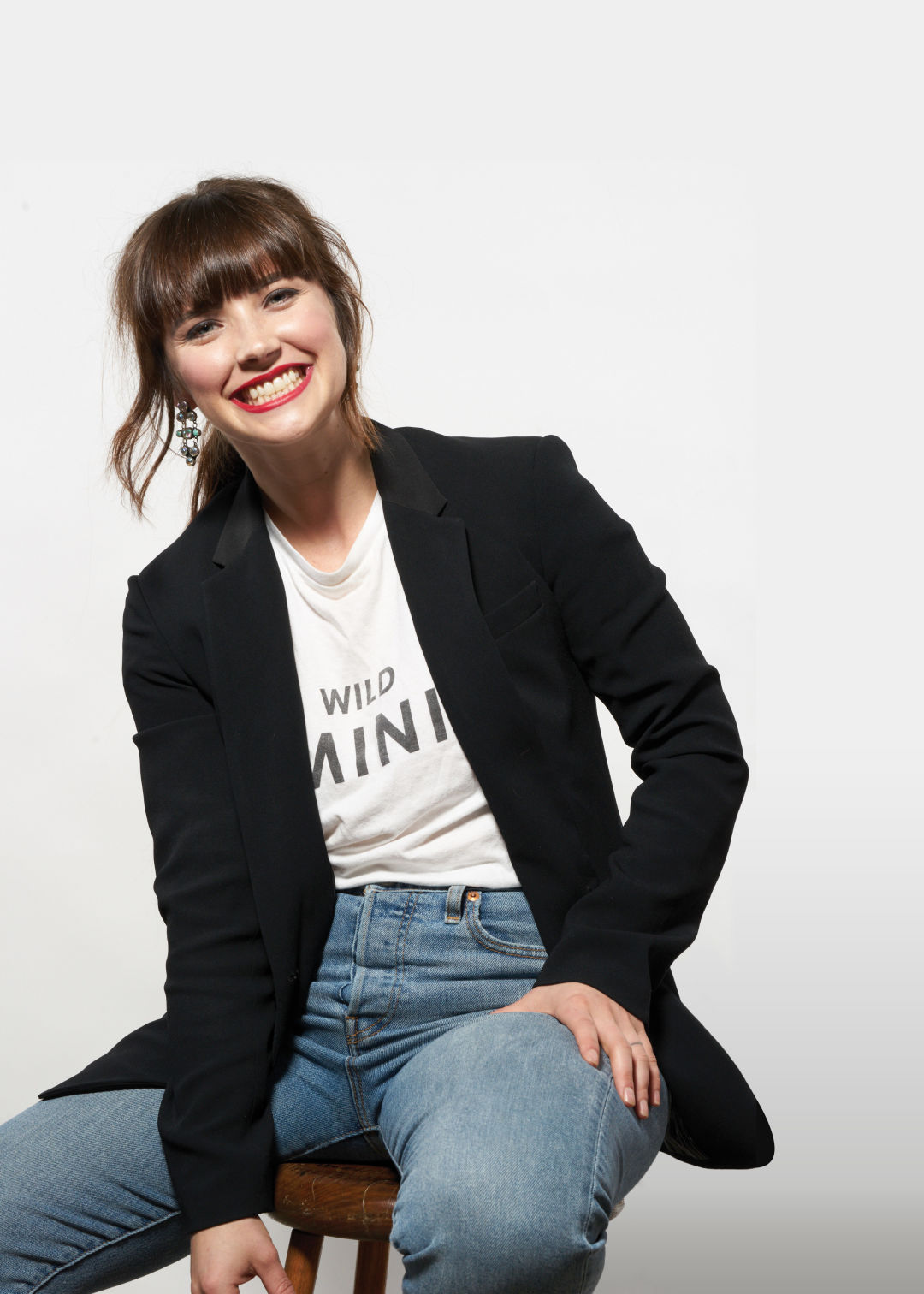A New Start-Up Aims to Teach Us About Our Breasts and Vaginas

Kaitlin Christine, a women’s health care advocate who lives in Portland, is the driving force behind Gabbi, a new site which aims to make women “the experts on their bodies,” with plans to roll out a cancer risk calculator, an action plan, community forums, a product marketplace, and videos on topics from how to perform a breast exam to how to insert a tampon.
Image: Meghan Paddock Farrell
When Kaitlin Christine’s mother was first diagnosed with breast cancer in 1997, doctors told her she didn’t need a mastectomy.
Back then, no one bothered to test for the BRCA1 gene, among the best-known genes linked to breast cancer risk, made famous when carrier Angelina Jolie announced her preventive double mastectomy.
But in 2012, the cancer came back. This time, doctors did test and found that she was a BRCA1 carrier, but it was too late—Lise Gabrielle Clark was dead within months.
Her daughter didn’t want what happened to her mother to happen to any other woman.
Christine, a women’s health care advocate who lives in Portland, is the driving force behind a new website named both for her mother and the importance of conversation. The site aims to make women “the experts on their bodies,” with plans to roll out a cancer risk calculator, an action plan, community forums, a product marketplace, and videos on topics from how to perform a breast exam to how to insert a tampon. Christine and the rest of her Gabbi team—four women based all over the country—are hoping to follow the website with an app.
Women encounter multiple barriers around health care, Christine says, from high costs and low access to lack of insurance and discrimination. But, she adds, “the root of the problems start with us, that we don’t know what’s going on with our breasts and vaginas.” That’s what she hopes women will get from Gabbi.
After her mother’s death, Christine found she carries the same gene. Like Jolie, Christine asked for a double mastectomy. Doctors were not on board—she was too young, they said—but Christine insisted, and eventually prevailed.
“Four days after my surgery, I was called with my pathology report and they had found breast cancer,” she recalls. “[It] led me to go, OK, I need to do something.”




